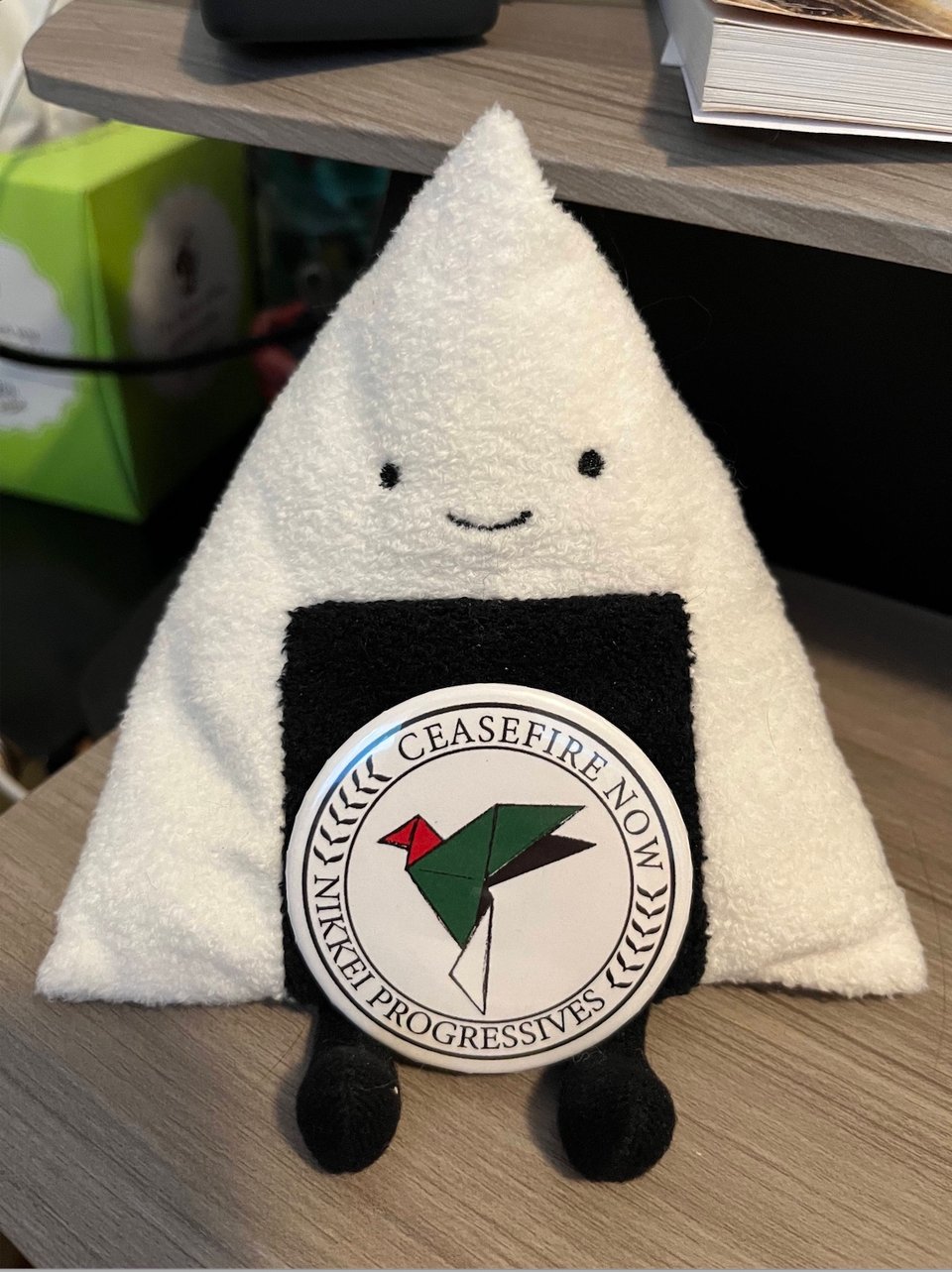ARTchivist's Notebook: Weathering with you
Some thoughts on what cannot be preserved or reconstructed and the fragility of memory.
Hello friends,
It’s hard to believe it’s August. Much has changed in the world since I last wrote, but alas, not enough. It seems there is an infinite supply of suffering to go around: in Palestine, in Sudan, in Ukraine.
In trying to educate myself on world events, I’ve been thinking quite a bit about memory keeping and the ways it manifests in my life: personal, professional, and political. Across all those fronts, the work of remembering is hard, and often fragile, but it is also essential.
Since last summer, I’ve done a series of “memory chats” with my parents, where I ask them questions about their early lives and experiences. It has been a joyous way of reconnecting and getting to know them better. But the other day, I discovered that my mother no longer has any memory of those conversations. Thankfully, I recorded them, and was able to play one for her. She told me she wasn’t able to sleep that night because listening brought back so many memories. Her experience was a very visceral reminder that recording and preserving isn’t enough: as Michelle Caswell has advocated, the archives need to be continuously activated; otherwise, things just disappear.
Friday morning, I listened to a dialogue between Palestinian author Adania Shibli and scholar Judith Butler, organized by AICA. (I don’t know if it was recorded but will share the link in a subsequent email or on LinkedIn if it was.) Shibli talked about how the destruction taking place in Palestine right now is not only material; it involves the erasure of relationships and experiences that can never be reconstructed. What is happening in Palestine is both singular and a recurrence. For Shibli’s grandparents, the Nakba was so devastating that they could not talk about it; it precluded remembering. She said the experiences of her grandparents come back now only as a ghostly presence, a memory she never had.
I am lucky that my parents are able to talk about their lives, but there is a ghostly presence in their stories, too. In the process of doing the “memory chats” it really brought home to me that they spent their early childhoods, from 1 to 4 years old, in American concentration camps, and what that traumatic experience must have wrought. Like Shibli’s grandparents, mine never spoke of their experience in the camps. It is a memory that can never be completely reconstructed.
I’m not saying that what happened to my family is the same as the genocide happening in Palestine, only that I now see more clearly how it’s personal.
This Saturday, at 10:30 am, I’m joining Nikkei Progressives to write postcards to voters at Far East Lounge in Downtown Los Angeles. It’s a small thing, but it’s something. NP has a track record of making common cause between Japanese Americans and other disenfranchised populations and they’ve created a display of solidarity with the Palestinian people in the Lounge’s window on 1st Street. You can register for the event (which is also online) here.

You can also find me at the following upcoming events:
Curationist Metadata Learning & Unlearning Summit: September 19, 11am - 12:30pm ET. Curationist’s Digital Archivist, Jessica Gengler, and I will be presenting our exploration of Wikidata Properties as a potential metadata schema and Wikibase as a solution for managing descriptive vocabularies to a panel of Wikidata experts. We will be learning and unlearning in public! If you have experience with Wikidata or are just curious about it, I hope you’ll join us!
In October, I’ll be giving my first keynote at the International Terminology Working Group meeting at the Getty Research Institute. More details to come.
Thanks for reading! If you have any comments or questions about this issue, please feel free to get in touch. Or follow me on LinkedIn.
ARTchivist's Notebook is an occasional newsletter musing on the intersection of archives, art, and social justice by me, Sharon Mizota, inclusive metadata consultant and art writer.
I help museums, archives, libraries, and media organizations transform and share their metadata to achieve greater diversity, equity, and inclusion. Contact me to discuss your metadata project today.